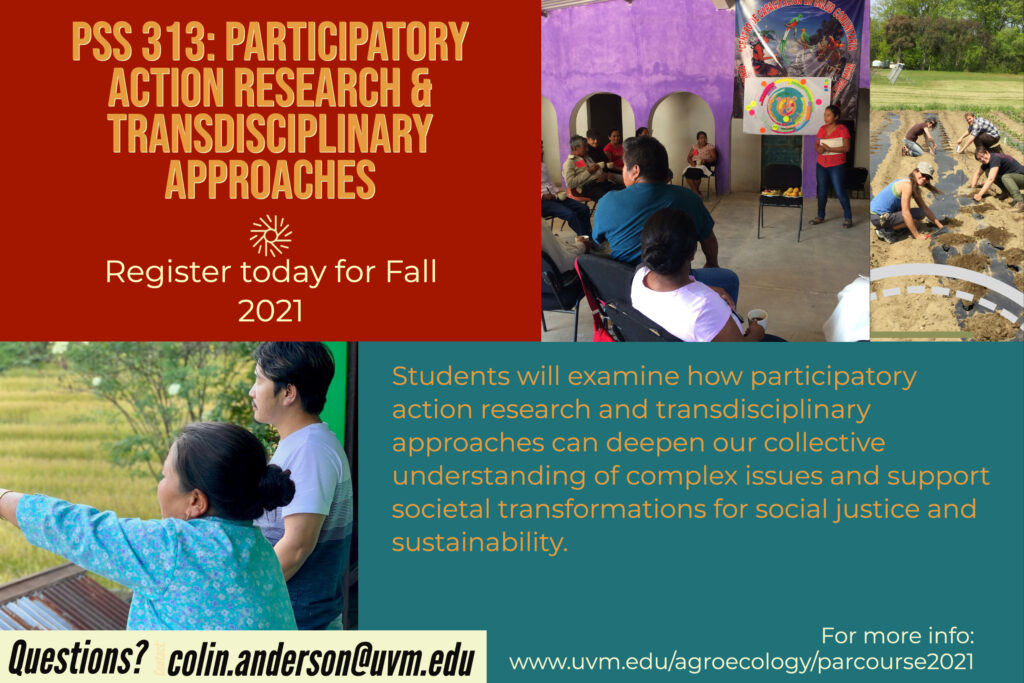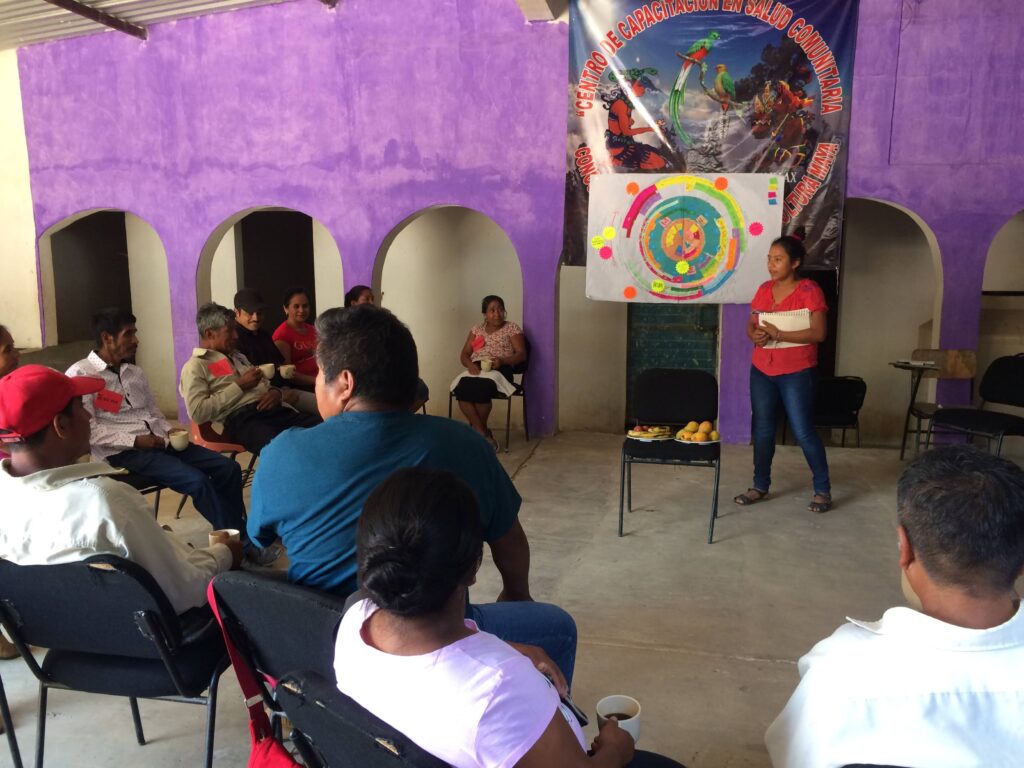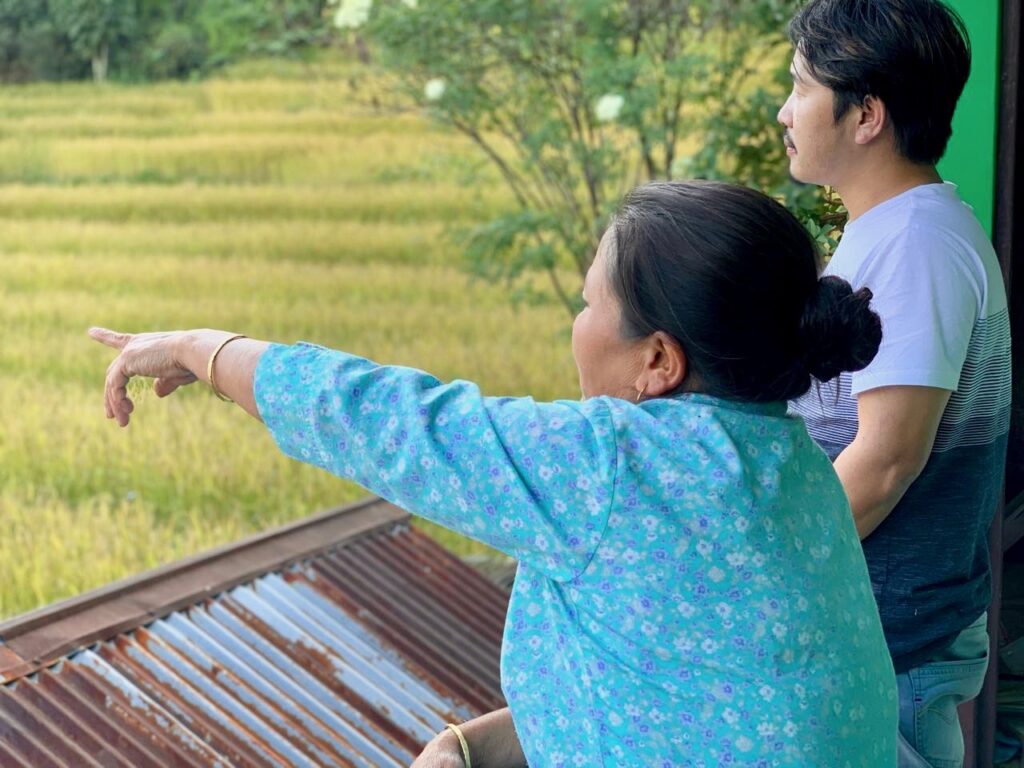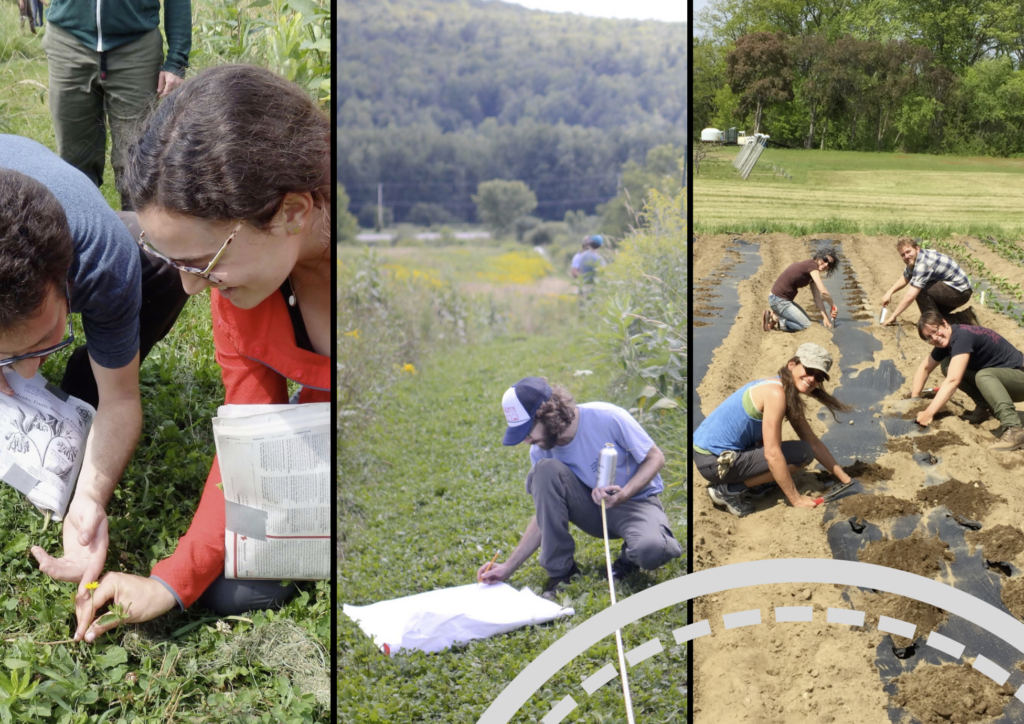Interested in learning about how to apply participatory, trandsdiciplilary and action research in your work? Sign up for this online course taking place from September to December 2021.

Participatory, transdisciplinary and action research have become internationally recognized as pillars of knowledge production for agroecology and food sovereignty. These approaches are also complex and unorthodox in many contexts and requires a careful and intentional cultivation of a researcher’s commitments, skill and competencies. This course will help students to meet this challenge through a systematic engagement with theory, skills, methods and a critical reflexive self-examination of our role in the research processes.
INSTRUCTOR: Colin R. Anderson
AVAILABLE FOR CREDIT OR FOR NON-CREDIT (CONTINUING PROFESSIONAL DEVELOPMENT). Visit here for more info. Email: colin.anderson@uvm.edu with questions.
CLASS MEETING TIMES AND LOCATION: Weekly zoom meetings on Tuesdays from 13:15 to 15:15 EST.
In this course, we will build a foundation for our learning by examining the ‘politics of knowledge’ or the ways that power and privilege shape science, academia, innovation and development. To this end, we will engage with critical theoretical traditions, such as feminism and decoloniality, to help students understand and challenge oppressive power relations in society as they are expressed in the knowledge systems that we are embedded within.

If this sounds like challenging material, that’s because it is! But don’t stress too much, we’ll do our best to demystify and unpack these concepts together and to ground these ideas in relation to our own work, lives, and perspectives. We will also get practical and focus on the nuts and bolts of doing Participatory Action Research (PAR), which can be described as a process of research, education and action in which participants work together to understand and transform reality. It generally involves iterative cycles of inquiry by collectives of people seeking to address problems of common practical and political concern. We will shine a spotlight on several methods used within this tradition including, for example, participatory photography, popular education, theatre, indigenous approaches, deliberative methodologies, auto-ethnography and different forms of qualitative, quantitative and mixed methods inquiry.

We will look at PAR especially in the context of agroecology and examine how the integration of PAR and transdisciplinary approaches can serve to deepen our collective understanding of complex problems/issues. Students will learn how to apply a transdisciplinary PAR approach to topics in agrifood system studies and action. We will examine examples of agroecological PAR projects, to draw lessons learned and to find inspiration. Students will be asked to articulate and develop their own self-understanding of their praxis as a researcher. In addition to asynchronous online learning, this course will include a synchronous 2-hour weekly online meeting via MS Teams that will involve a range of different interactive activities including discussions, workshops and guest speakers. Regular and active participation in these sessions is a core component of the course learning and assessment. Students will take on a rotating role in designing and facilitating a student-led component of the weekly meetings.
READINGS:
Required:
- Wakeford, T., and Sanchez Rodriguez, J. (2018). “Participatory Research: Towards a More Fruitful Knowledge”, in: Connected Communities Foundation Series.(Bristol: University of Bristol/AHRC Connected Communities Programme).
- Weekly assigned articles, videos, podcasts, etc.
Recommended:
Tuhiwai Smith, L. (2021) Decolonizing Methodologies: research and indigenous peoples. 2nd edn. London: Zed Books
Méndez, V.E., C.M. Bacon, R. Cohen and S.R. Gliessman (Eds.) (2015)Agroecology: a transdisciplinary, participatory and action-oriented approach. Advances in Agroecology Series. CRC Press/Taylor and Francis.
Freire, P. (2017) Pedagogy of the Oppressed(Penguin Modern Classics). London: Penguin.
All required readings (e.g. journal articles, news excerpts, fact sheets, etc.) will be provided.
LEARNING OBJECTIVES
By the end of this course students will have:
- Developed an understanding of participatory action research (PAR) and transdisciplinary approaches, and how they are distinct from other research and action approaches;
- Deepened their understanding of how knowledge is situated, gendered, racialized, colonial and thus has contributed to social injustice and oppression;
- Considered how these structures and power dynamics influence research processes;
- Explored how PAR and transdisciplinary approaches can be applied in agroecology, including through the examination of inspirational case studies;
- Learned about designing research that is both rigorous and provides meaningful contributions to the community/stakeholder(s) and the researcher(s);
- Thought about their own positionality to situate themselves in the learning objectives above;
- Developed strategies for critical self- and collective reflection and evaluation in participatory research processes and practice;

